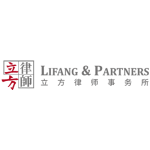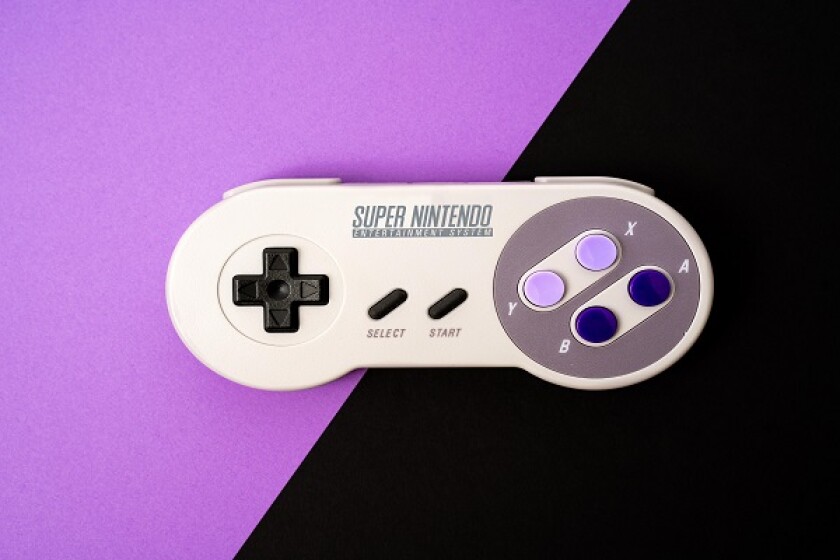A China court recently issued a judgment on trademark infringement, where both statutory and punitive damages are applied in the same case.
Two plaintiffs, the owner and licensee of trademarks Tencent registered on the goods/services in classes 9, 28, 35 and 41, and the sole distributor of Nintendo Switch game console in China.
The defendant sold Nintendo Switch console with altered operating system on Taobao. The packaging of the goods sold by the defendant was the same as the genuine Nintendo Switch products sold by the plaintiffs. The trademarks Tencent are used on the packaging.
The defendant argued that the online store was not in operation, and that there were only three infringing products ever sold, and after the plaintiffs sued, the defendant stopped the sale.
The court held that selling the Nintendo game console, even with the altered operating system, shall not constitute trademark infringement on Nintendo trademark. However, the trademarks of the plaintiffs, i.e. Tencent, were used in the packaging of the alleged products of the defendant.
As the operating system of Nintendo Switch sold by the defendant was altered, there was a technical problem caused by the altered operating system when played, the consumers may hold the plaintiffs liable for the technical problem, and thus causing prejudice to the plaintiffs; therefore, use of Tencent on the packaging of the products sold by the defendant shall constitute trademark infringement in accordance with Article 57.7 of Trademark Law of China. At the same time, the defendant's acts also constituted unfair competition.
The court held that damages should be calculated based on the loss of the plaintiff, or profit of the defendant from infringement; if the loss or profit from infringement cannot be affirmed, the statutory damages shall apply.
In this case, it is difficult to identify the total losses of the plaintiff, or the total profits of the defendant from infringement. However, the defendant admitted that he sold five infringing products.
Based on this, the defendant's partial profit from the infringement was RMB 2,802. In accordance with the judicial interpretation on punitive damages, the court further held that punitive damages shall be awarded, and the punitive damages shall be calculated based on the infringing profit. After evaluation of the situation of the case, the court decided to award four times of punitive damages against the defendant, i.e. RMB 11,210.
The online store of the defendants shows that there are 38 products for sale on the online store, which indicated that the defendant must have sold more than five infringing goods through online and offline, although the actual number of sales was difficult to identify. For losses that cannot be defined, the court shall apply statutory damages.
Considering that the plaintiff's trademark has a good reputation in China, and Nintendo Switch game console is very popular in China, the defendant is very likely to sell infringing many goods through both online platforms and physical stores; even after the plaintiff filed suit, the defendant did not stop selling infringing products.
Based on the above factors, the court decided that the defendant shall, in addition to punitive damages, pay damages of RMB 100,000 as statutory damages. The total damages awarded to the plaintiffs is RMB 112,100. The court also award plaintiff the reasonable expense of enforcement against defendant for RMB 92,919.
While there is no law prohibiting awarding both punitive damages and statutory damages in one case, the general practice is that the court will award only one of the kind in one case. This is the first judgment in China to award both punitive damages and statutory damages.
The reasoning of the court is clear, statutory damages is for compensating the losses of the plaintiff, while punitive damages is meant for punishing and deterring against infringers, there is no conflict of both types; the court shall award punitive damages when there is affirmed amount of damages, and for the rest of the infringing acts that could not be affirmed, the court shall award statutory damages to endeavour to compensate the losses of the plaintiff.
Xiao Wang
Senior attorney, Lifang & Partners
Shouqi Guo
Paralegal, Lifang & Partners













